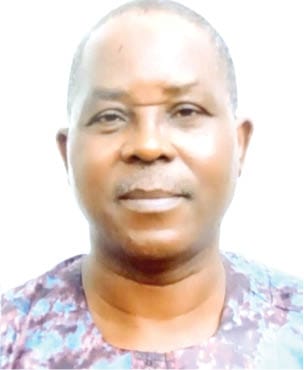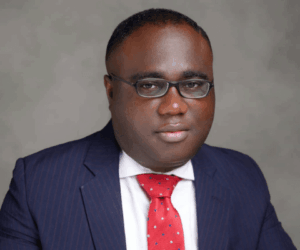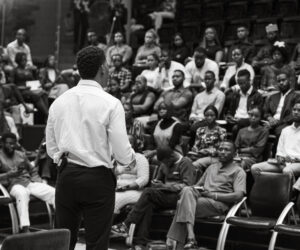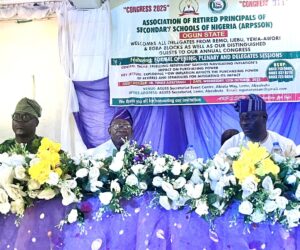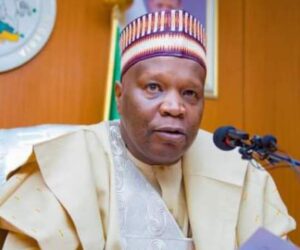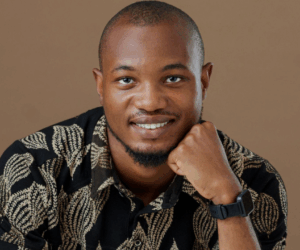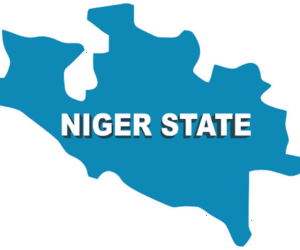Senior researcher and regional research director with the Education Research in Conflict and Protracted Crisis (ERICC), Professor Oladele Akogun, has questioned the Safe School Initiative nearly a decade after its launch. Wondering why despite billions of naira investment into the safe initiative the situation remains bad. In an interview he lamented that Nigerian children remain “sitting ducks” in vulnerable educational facilities.
The Safe School Initiative was launched with high expectations in 2014. In light of the recent abductions, do you believe it is making any real headway?
SPONSOR AD
Obviously, a lot of money has been invested in the Safe School Initiative, which is almost 10 years old now. The initiative came up at the advent of the adoption of the Chibok school girls. Reading about it, one notices that a lot of money has been expended on it. Was the investment only on infrastructural projects? I don’t know, but definitely it hasn’t had any impact given what we are seeing now, with abductions here and there and the continuing fear of schooling by children. School children are afraid and the children are like sitting ducks in the schools they go. That’s very sad for someone like me and for any teacher for that matter.
In your view, where are the gaps in the implementation?
I hope that something is being done about it. We are not happy about the way things are. The facilities we inherited are poorly kept and not safe at all. Even if money is being spent, the impact is not visible. Children remain exposed, and kidnappers still find schools attractive targets. The trauma these children go through when abducted is immense, and the fear spreads to other schools. When an incident occurs in one it affects others. We need to urgently address this and keep schools safe.
How can Nigeria’s education policy be restructured to ensure that safety measures are not just announced but actually enforced at the grassroots level?
In my view, the school structure needs a complete overhaul. We cannot keep what we inherited from the colonialists and continue to live with it, even if it is not helpful. I would suggest a structure that recognises that primary 1 to-3 should be neighbourhood schools, small facilities serving not more than 50 children within a 500‑metere perimeter. Primary 4 to 6 should be community schools with slightly broader learning. This way, children are not aggregated in large numbers in unsafe facilities, and kidnappers will lose interest. Localised schools also allow children to learn cultural values, basic trades, and citizenship skills relevant to their communities.”
What role should the federal and state governments play in coordinating with local communities to make schools genuinely safe for children?
The government is too centralised, and that has imposed a rigid curriculum that denies parents input. Communities should be allowed to decide what skills their children learn, whether farming, tailoring, or hair‑making alongside formal education. Federal, state, and local governments should increasingly allow communities and parents to have input into facilities, teachers, and curriculum. A democratised education system, with localised decision‑making, will help immensely. Change is required, and required now. Every state and community should adapt facilities to their realities. What works in Borno may not work in Bayelsa. But definitely, change is urgent.
As a Nigerian living here or in the diaspora, DO YOU HAVE A PLAN B? Just in case anything goes wrong, is there a side business you can fall back on? We show you step by step how you too can start earning US Dollars consistently. Nigerians can now make as much as $20,000 to $35,000 with premium domains. Ideal for business owners, entrepreneurs, and workers.
Click here to find out how it works

